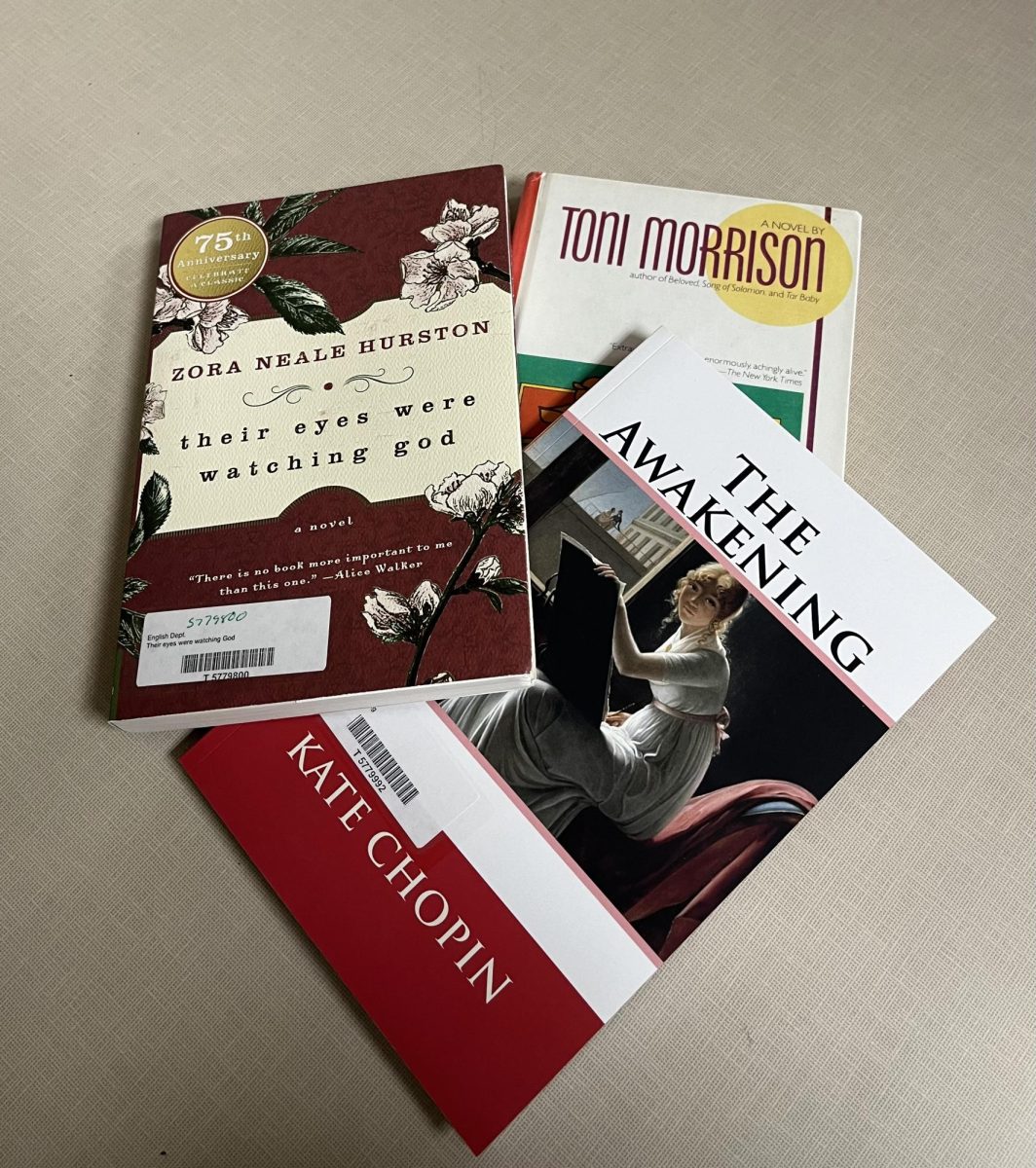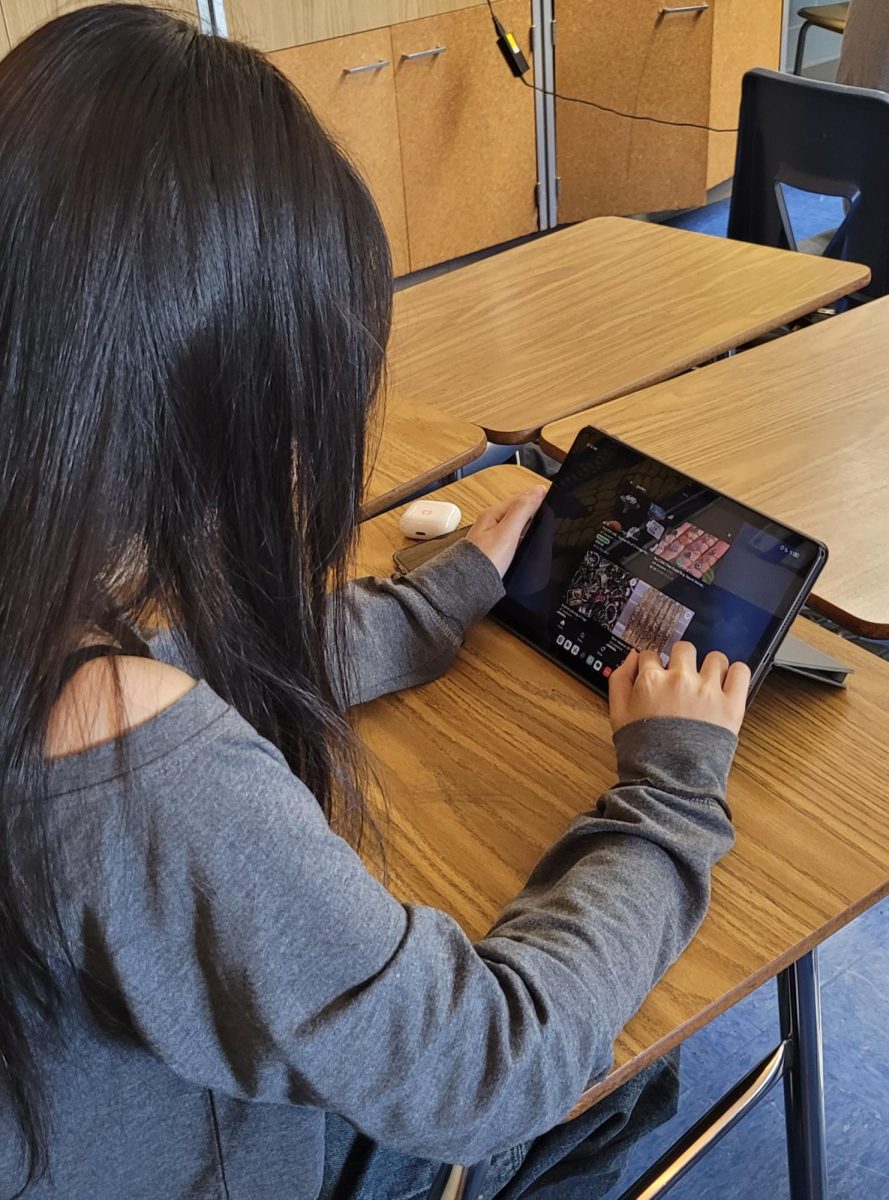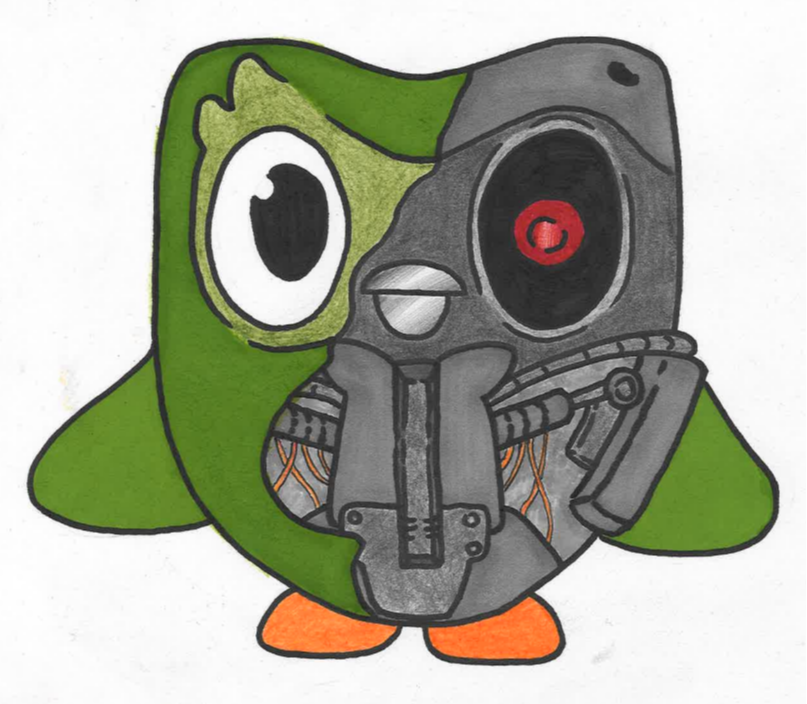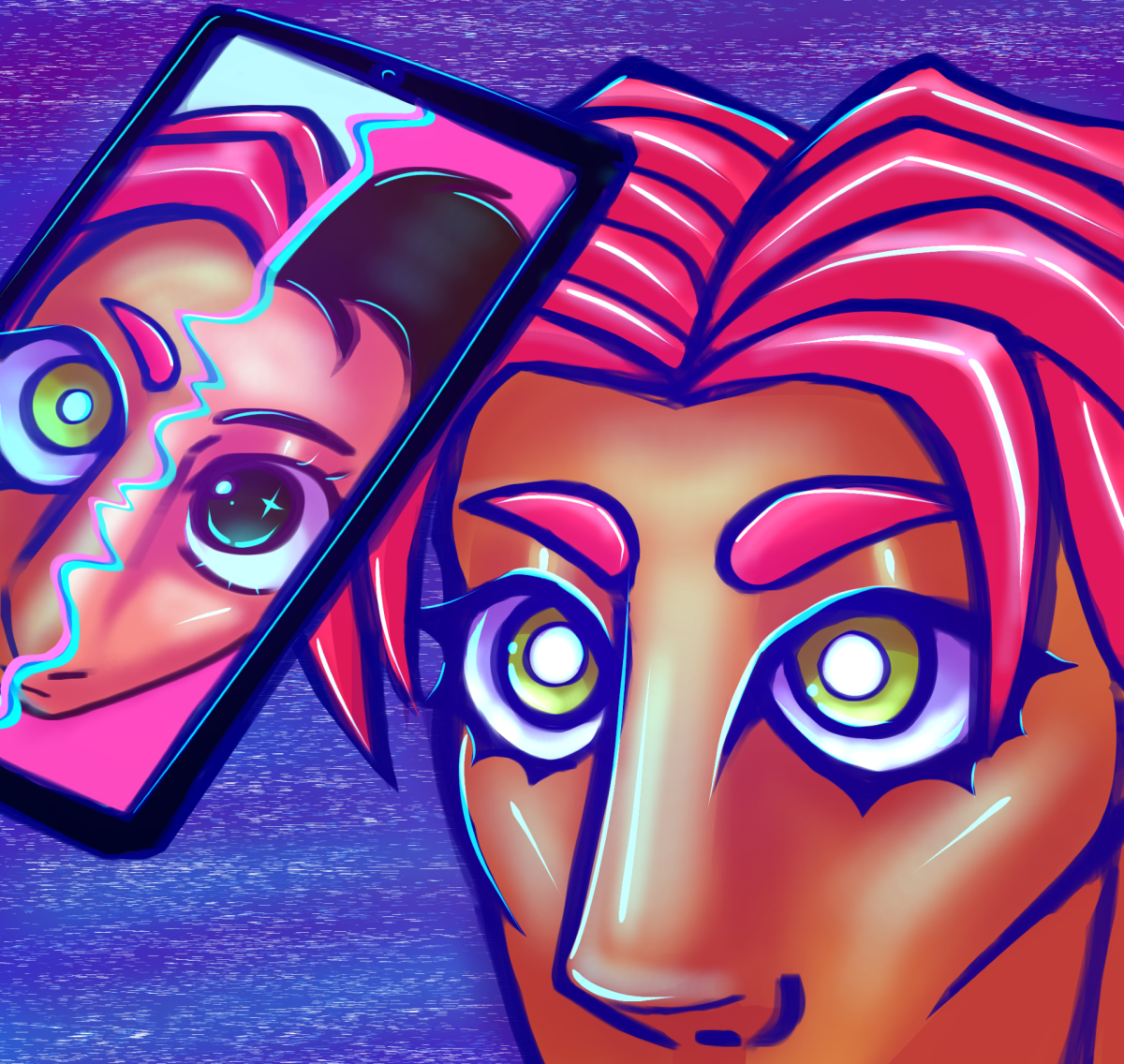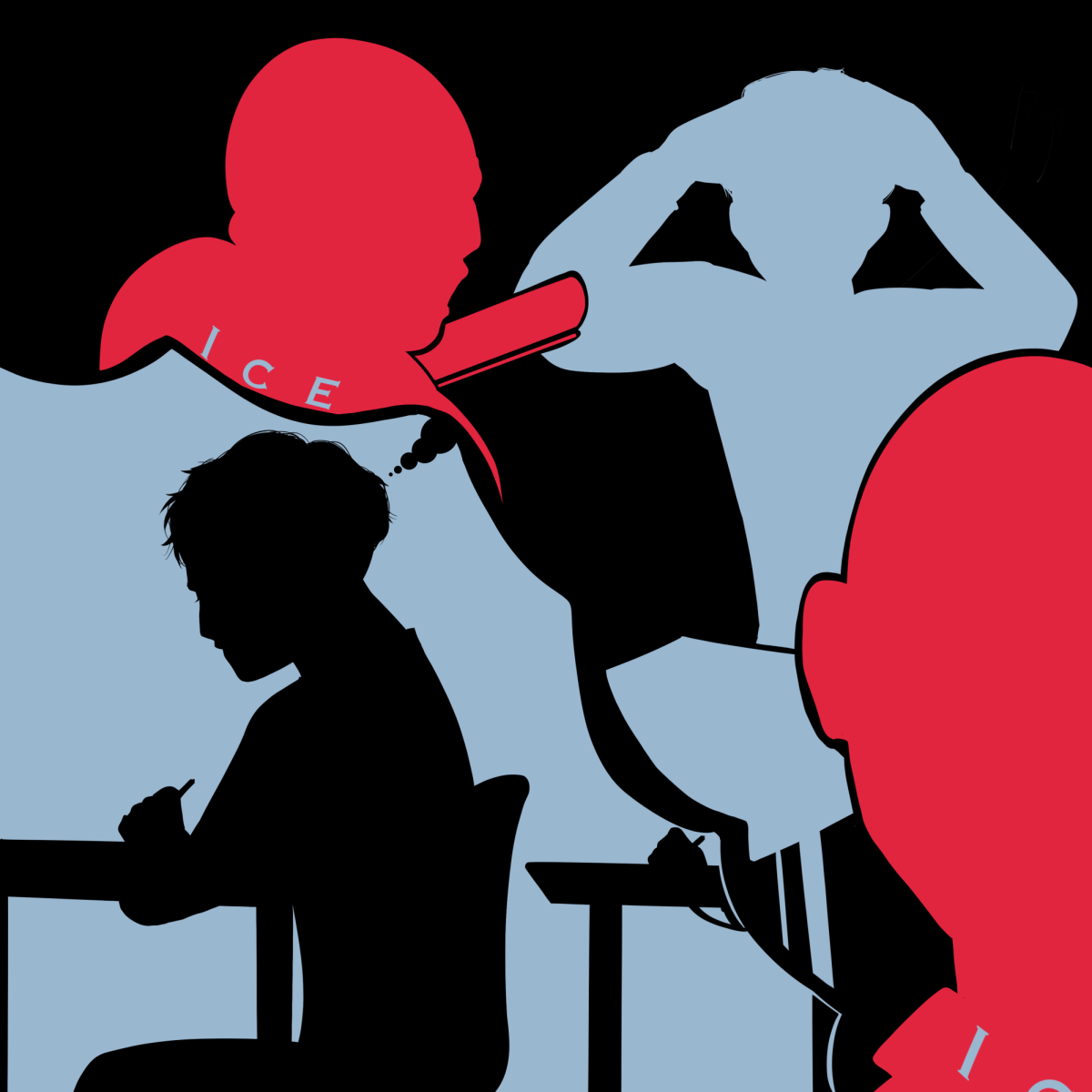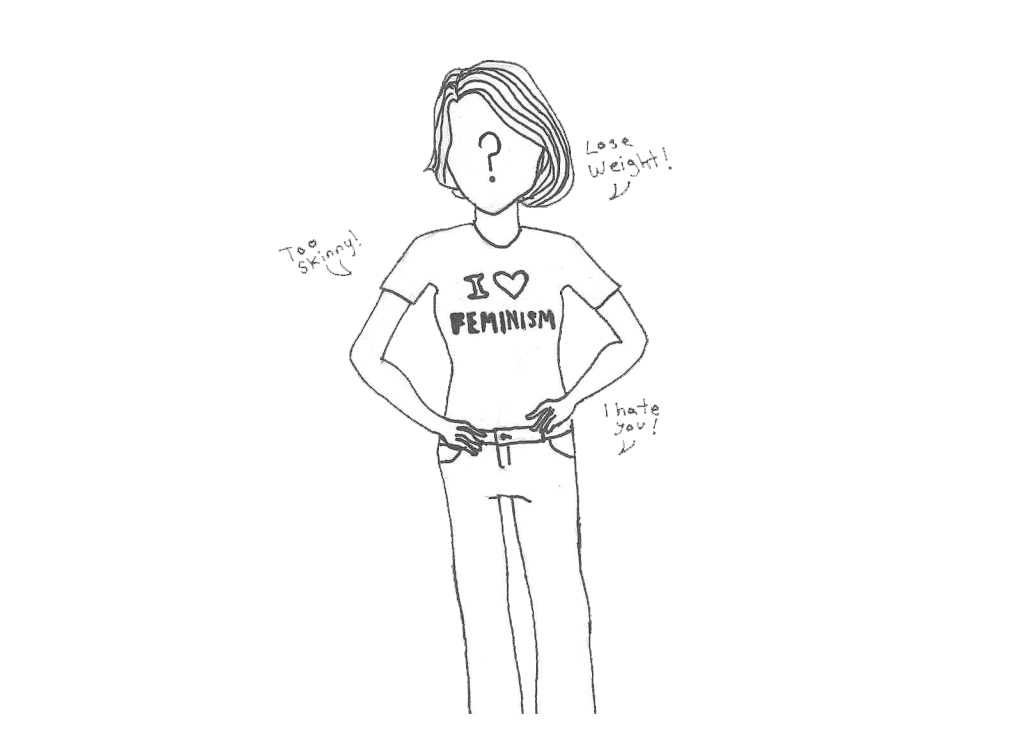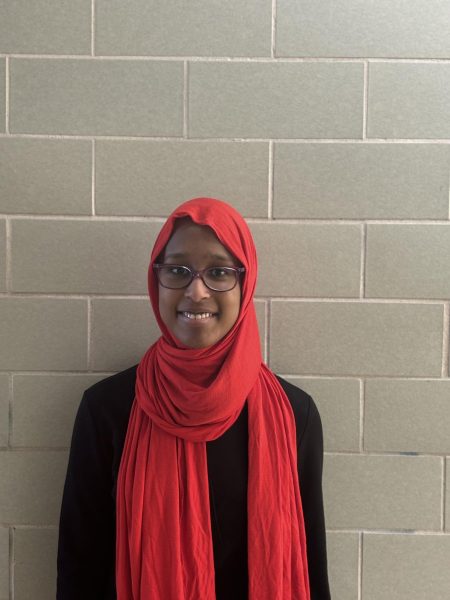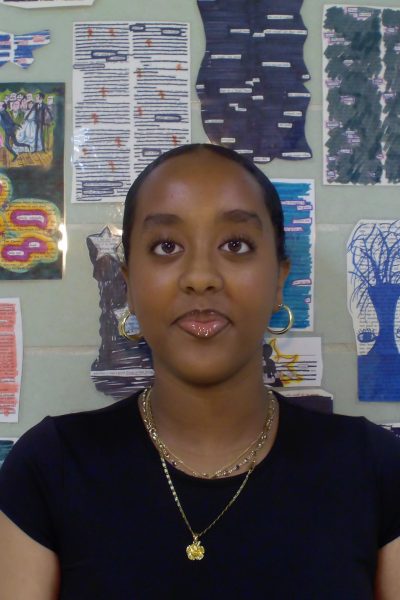Some of the most important and engaging books of our day and age face a roadblock in their goal to reach student hands. Though the issue at hand is far from anything new, the uprising of anti-free speech parents and community members as of late is of great concern.
Book bans are pernicious, merciless and largely indiscriminate. Many accusations of nefarious intent run rampant, leaving countless titles misunderstood. With the obscurity of Thomas Morton’s “New English Canaan” earning the distinction of the first book ban on record by a 17th-century Puritan government, plus more well-known texts such as the Bible and Shakespearan texts posing as a supposed “threat” to populaces, it’s saddening that resources for learning, worshiping and preserving history end up getting censored by the whims of the few, purely out of distaste or the desire to avoid (or, ironically, ignite) controversy.
Minnesotan author Duchess Harris encountered just this with her book surrounding the aftermath of the killing of George Floyd. It earned demented allegations of promoting Critical Race Theory, a viewpoint taught in law schools that racism is embedded into the American justice system when Harris’s work served as informative material about the protests that followed the aforementioned incident, not as a conduit for any particular viewpoint. This offers further evidence of how campaigners such as conservative group Moms 4 Liberty, who led the charge against Harris, silence informative content based on inaccurate reasoning.
“I think it kind of depends on where you live, but [recently I’ve] definitely seen a lot of book bans [focused] on banning books that talk about racism [or] homophobia or transphobia.” Lulu Sadrant (10) said. “Basically, they’re banning any books that really represent a minority. There’s definitely a sort of agenda being pushed. You definitely can see what sort of books are being banned and what aren’t.”
Bias is apparent when bans target books that contain LGBTQ+ or African American characters. The criticism that comes along with said bans is typically relegated to a very specific image or description. Often to demonstrate their proof, they show a couple of pages or so to get the verdict they desire from a school or library board. This, frustratingly, is just another maneuver to silence minorities, preventing the content teens may find relatable and meaningful from ever entering school and/or library shelves.
Due to these numerous issues, students have risen up and taken matters into their own hands, forming banned book clubs. The goal is often to create a community where good literature isn’t labeled as taboo. Members can discuss and partake in defending titles that come under fire at school or library board meetings. In clubs such as these, students can fight for what they desire to read and find their voice politically as well. But sadly, statistics speak for themselves as well, and this is not how young people should feel like they have to spend their time or be introduced to political and civic processes.
Currently, we find that book bans have spiked up by 33 percent from 2022 to 2023, bleak when compared to the 2021-22 year, a PEN America report details. Taking notes on book bans since July 2021, the data they now possess is shocking. There is a staggering amount of 6,000 recorded instances of banned books, with 3,362 book bans affecting 1,557 unique titles during just the 2022-23 school year, impacting the work of 1,480 authors, illustrators and translators.
Even now, creatives still experience censorship on the daily. Many writers develop a passion for writing based on controversial and censored works. Take Michael Connelly, the crime fiction writer who developed a passion for his craft because of classic (and still commonly banned) titles such as “To Kill A Mockingbird.” If these numbers continue, perhaps even elevate, there might be even fewer individuals inspired to take on literature, deteriorating the quality of books as a whole.
“I don’t believe that books corrupt readers any more than real-life events or the other media we consume,” English teacher Ms. Rachel Mann said. “I think it’s a necessary part of the human experience to be exposed to diverse perspectives.”
If we only absorb the filtered material handed to us, the more uniform and banal the world will grow. Complexities will be forgotten and washed away. To knock off those rose-tinted glasses, society needs to read books that may challenge the status quo, but offer both didactic points and distinctive stances that will resonate with readers, not placate them.


